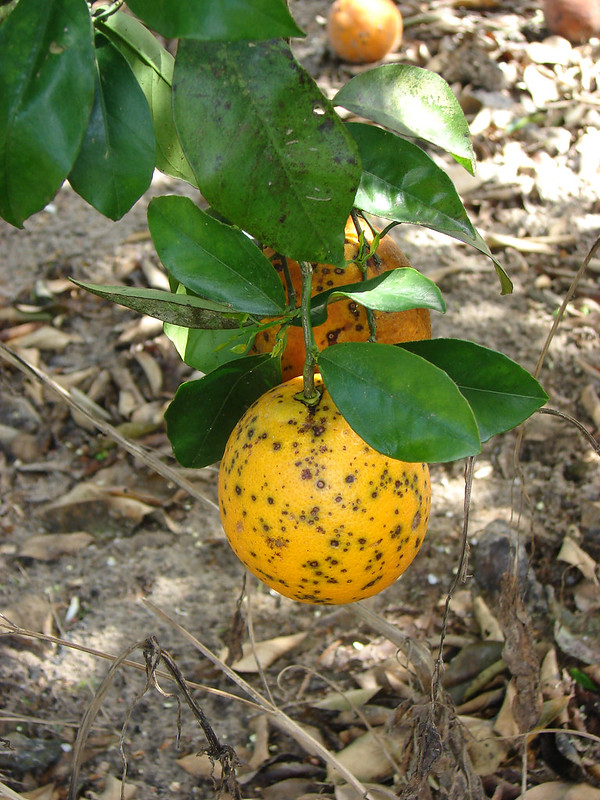Intercitrus calls for action over repeated detections of Black Spot in South African citrus
The Spanish Interprofesional Citrícola Española (Intercitrus) body has highlighted the repeated detection in Europe of ‘Black Spot’ fungus in consignments of South African citrus, arguing that this indicates producers/exporters are not complying with EU legislation and are not fungicides with proven efficacy in the field. The public complaint was made last Wednesday, the day before the EU Standing Committee meeting on Phytosanitary (SCoPAFF). On the agenda is the debate on the measures to prevent the arrival in imports from third countries of two foreign pests, considered “priority” according to EU legislation, due to their great environmental and economic impact: Phyllosticta citricarpa (known as ‘Black Spot’ or CBS) and the Thaumatotibia leucotreta insect (False moth or FCM insect). Intercitrus calls for the application of a cold treatment in transit from South Africa to avoid FCM and the establishment of an objective scale regarding ‘Black Spot’ that implies the automatic suspension of South African imports in the eventuality of over five rejections in a year.
South Africa is the main non-European supplier of citrus fruits to the EU (650,000-840,000 tons).



